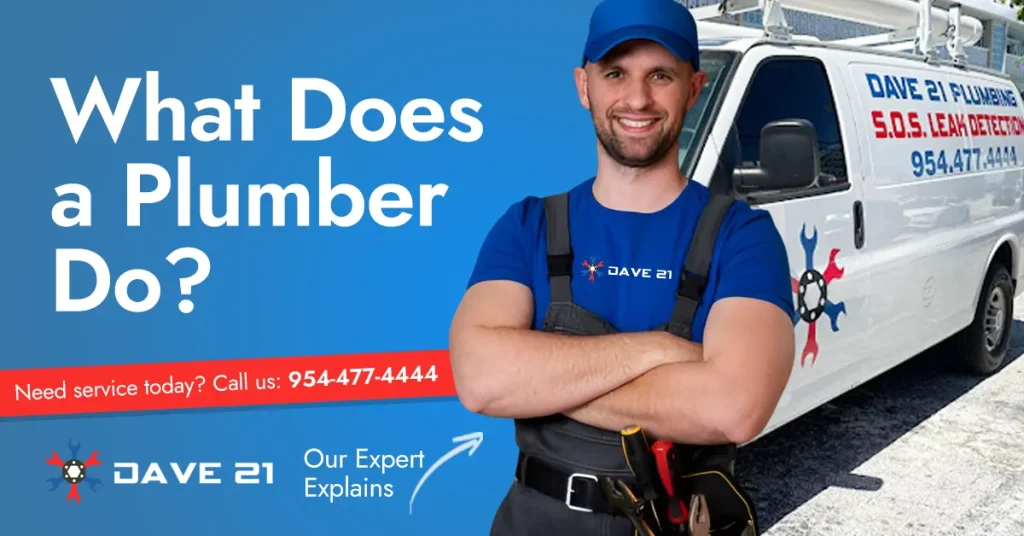Ever wondered what goes on behind the scenes when you call someone to fix your water heater? Let’s break down the daily tasks and responsibilities that keep your home’s water flowing smoothly.
From simple repairs to complex installations, these skilled professionals handle way more than you might think. Whether you’re dealing with a leak or planning a bathroom renovation, understanding their role helps you know when to call for help. Let’s dive into what these experts do every day.
What Does a Plumber Do?
At its core, this job is all about managing water systems in homes and businesses. These pros install, repair, and maintain everything that carries water in and out of your building. Think about it – every time you turn on a faucet or flush, there’s a complex system making it work.
They also handle gas lines, which surprises many people. Safety is huge here because one mistake with gas can be dangerous. That’s why proper training and licensing matter so much. These experts spend years learning their craft before working solo.
If you’ve ever asked yourself what does a plumber does beyond fixing leaks, the answer might surprise you.
Common Plumbing Jobs: Pipes, Drains, and Toilet Installation
- Repairing leaky fixtures and connections
- Installing new water heaters and appliances
- Clearing blocked lines throughout the house
- Replacing worn-out components
- Upgrading outdated systems

Specialized Rooter and Drain Cleaning Solutions
Clogged drains rank among the most frustrating household problems. Store-bought chemicals rarely work and can actually damage your pipes over time. Hair, grease, and debris build up slowly, creating blockages that need professional attention to clear completely.
Advanced equipment like video cameras and high-pressure water jets help technicians see exactly what’s causing the blockage. They can then choose the right method to clear it without damaging your pipes. Regular maintenance keeps your system flowing smoothly and prevents nasty backups that could flood your home with sewage.
Emergency Plumbing Services for Broken Pipes
Finding a Reliable Plumber Near You
Trustindex verifies that the original source of the review is Google. These guys are the best. It was extremely easy -went to the website afterhours and posted a chat message. Sam called me right away and we scheduled for two days later to replace two toilets. They gave the option of picking up the products and removing the old toilets. They got here in time, worked quietly, cleaned up spotlessly, and everything was done in 90 minutes. 10 out of 10. Highly recommend. Update: reached out via the chat tool and Sam responded pretty promptly - service was professional and timely and reasonable - can't ask for better servicePosted onTrustindex verifies that the original source of the review is Google. Sam so profesional could resolve problem asapPosted onTrustindex verifies that the original source of the review is Google. I'm very satisfied for the work has been done here, especially a very professional job. highly recommended for detecting problems, locating pipe underground and fix issue! you can save a lot of money!Posted onTrustindex verifies that the original source of the review is Google. Thank you for your service, the tech you send Sam was wonderful, he fixed my leak under the kitchen sink really quickly and efficiently. Price was good! recommend 100%Posted onTrustindex verifies that the original source of the review is Google. Asam was amazing. He called every few hours to update me on his arrival time. He was very neat and left the area spotless. Only reason I didn't give 5 stars was whoever passed the job to Asam was a bad communicator. I was chasing him for answers.Posted onTrustindex verifies that the original source of the review is Google. Good job donePosted onTrustindex verifies that the original source of the review is Google. Cleared the main drain from the roof. Good job.Verified by TrustindexTrustindex verified badge is the Universal Symbol of Trust. Only the greatest companies can get the verified badge who has a review score above 4.5, based on customer reviews over the past 12 months. Read more
Choosing Plumbing Contractors with Customer Reviews
Your Plumbing Questions Answered
Cheap fixes often lead to repeat problems, which get expensive fast. Invest in someone who does it right the first time, and your home’s water system will thank you for years to come. Understanding what a plumber does gives you confidence when making this important choice.
FAQs
How much should I expect to pay for basic repairs?
Costs vary widely based on your location and the specific problem. Simple fixes like replacing a worn washer might run $100-200, while bigger jobs like repiping can cost thousands. Most pros charge either by the hour or by the job. Always get quotes from multiple companies before deciding. Ask what’s included in the price so you’re not surprised by hidden fees later.
Do I need someone licensed, or can a handyman handle it?
Always hire licensed professionals for anything involving water or gas lines. Handymen can do minor stuff, but they lack the training for complex work. Licensed pros carry insurance that protects you if something goes wrong. They also pull proper permits, which matters for resale value. Skipping this step might save money now but can create legal and safety issues down the road.
How can I prevent expensive repairs?
Regular maintenance stops small problems from becoming big disasters. Have systems inspected annually, especially water heaters and main lines. Don’t ignore slow leaks or running fixtures – they waste water and indicate wear. Avoid putting grease and food down sinks, and be careful what you flush. These simple habits can save thousands in repair bills and extend your system’s lifespan significantly.

